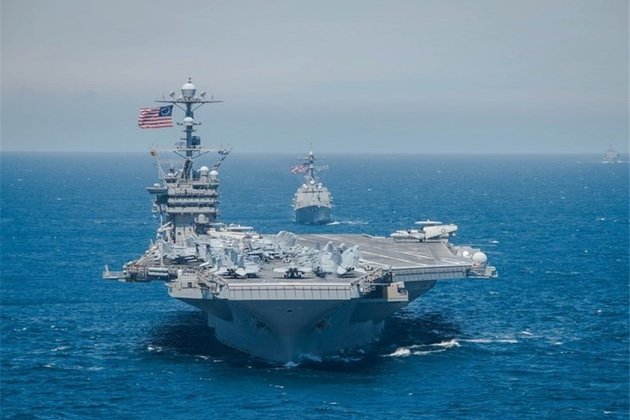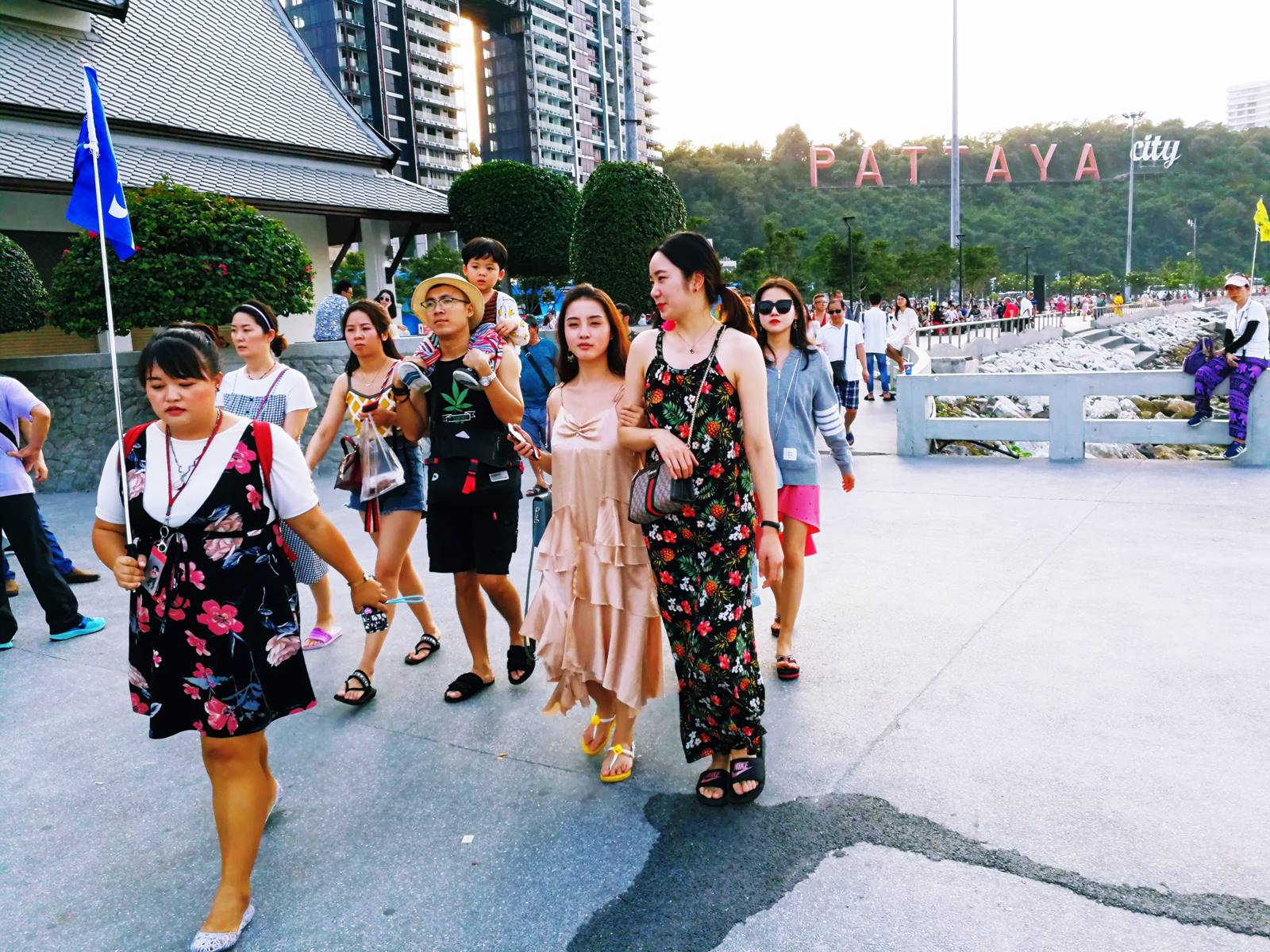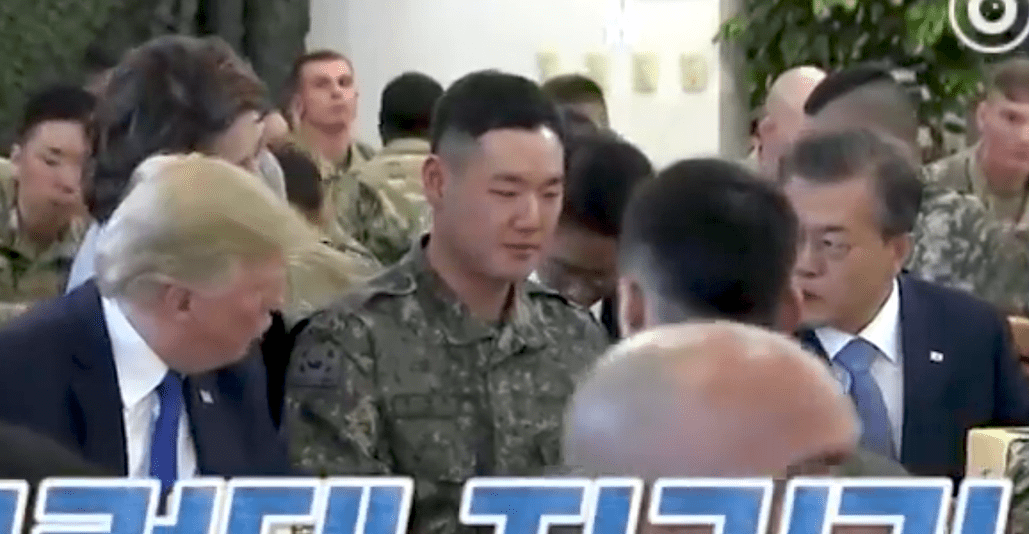Politics
APEC’s challenge is no longer at the border
Author: Andrew Fragomeli, University of Western Australia Barack Obama championed high-quality growth as a key focus of this year’s APEC Summit in Hawaii. But this goal can only be realised if APEC members choose to jump the hurdle of behind-the-border barriers. Official tariff barriers within APEC have reduced dramatically; an APEC report noted the average applied tariff rate in APEC’s industrialised economies had fallen to 3.9 per cent as of 2008. But plenty of work still confronts APEC leaders — expanding trade and investment, and boosting trade flows are each a matter of urgency. APEC economies have also shown unbalanced growth and are still affected by the sluggish rate of world economic recovery . Despite this present context, decisive action — and in some cases dramatic reform — can put APEC economies on a faster path to recovery and combat some odd paradoxes, too. Some developing economies are generating excess domestic savings, which are being diverted and invested overseas in industrialised economies. This paradox arises from unseen, informal barriers, known as ‘behind-the-border’ barriers. APEC members need to address this reality if they want to expand trade and investment. Behind-the-border barriers are increasing costs, increasing risk and discouraging competition. And reducing tariffs to zero per cent serves little purpose if behind-the-border barriers prevent investment and trade, and thus restrict poverty-reduction efforts. Infrastructure reform can help remove such barriers. This includes reforming large monopolies in the electricity sector. In APEC, around 35–40 per cent of members have made little to no progress in removing barriers to competition throughout their electricity provision. But these necessary changes are too important to be ignored. Inability to reform can impede investment in critical infrastructure and the adequate provision of electricity, with the ultimate losers being consumers and businesses, while jobs and trade also suffer. In light of these hazards, leaders are restructuring, privatising and improving regulatory oversight. Structurally unbundling competitive activities from natural monopoly elements encourages competition and investment. Competition is often the catalyst for innovation and productivity increases. Conversely, monopoly situations have allowed state enterprises to neglect innovation or cost retention. Politicised operation of state enterprises has also seen electricity being purposely under-priced, leading to underinvestment in some cases. A World Bank report shows that intentionally under-priced electricity imposed a US$90 billion fiscal burden on developing nations’ budgets in the 1990s. But the high costs of provision are eventually passed onto consumers and businesses in such a scenario. APEC members that have pursued reform have seen significant benefits. For instance, labour productivity and service quality has improved in Chile, Peru and New Zealand. The performance of existing-generation plants has improved, and wholesale prices have fallen. Retail prices now better reflect the true costs of production. But widespread reform has been blocked for various reasons. First, influential unions may oppose the sale. Second, there could be a sentimental attachment or communities may fear the sale of public assets. Or third, the government may lack the technical capability or insight to successfully carry out complicated reform. Australia is an APEC member that has set a fine example in reforming electricity infrastructure provision. There are elements of partial to full reform in most of the country’s states and territories, except the Northern Territory. This includes unbundling the supply chain and the introduction of competition, which has led to greater investment in the industry. This sequencing and experience of reform should be shared with other APEC members. Short-term politics should not prevail over the long-term interests of APEC, its people and its future. Andrew Fragomeli is a student at the University of Western Australia and was a Global Voices delegate to APEC 2011. APEC meeting: New policies for Indonesia? India’s political economy: classic strategies no longer apply Why America no longer gets Asia

Author: Andrew Fragomeli, University of Western Australia
Barack Obama championed high-quality growth as a key focus of this year’s APEC Summit in Hawaii.

But this goal can only be realised if APEC members choose to jump the hurdle of behind-the-border barriers.
Official tariff barriers within APEC have reduced dramatically; an APEC report noted the average applied tariff rate in APEC’s industrialised economies had fallen to 3.9 per cent as of 2008. But plenty of work still confronts APEC leaders — expanding trade and investment, and boosting trade flows are each a matter of urgency. APEC economies have also shown unbalanced growth and are still affected by the sluggish rate of world economic recovery. Despite this present context, decisive action — and in some cases dramatic reform — can put APEC economies on a faster path to recovery and combat some odd paradoxes, too.
Some developing economies are generating excess domestic savings, which are being diverted and invested overseas in industrialised economies. This paradox arises from unseen, informal barriers, known as ‘behind-the-border’ barriers. APEC members need to address this reality if they want to expand trade and investment. Behind-the-border barriers are increasing costs, increasing risk and discouraging competition. And reducing tariffs to zero per cent serves little purpose if behind-the-border barriers prevent investment and trade, and thus restrict poverty-reduction efforts.
Infrastructure reform can help remove such barriers. This includes reforming large monopolies in the electricity sector.
In APEC, around 35–40 per cent of members have made little to no progress in removing barriers to competition throughout their electricity provision. But these necessary changes are too important to be ignored. Inability to reform can impede investment in critical infrastructure and the adequate provision of electricity, with the ultimate losers being consumers and businesses, while jobs and trade also suffer.
In light of these hazards, leaders are restructuring, privatising and improving regulatory oversight. Structurally unbundling competitive activities from natural monopoly elements encourages competition and investment. Competition is often the catalyst for innovation and productivity increases. Conversely, monopoly situations have allowed state enterprises to neglect innovation or cost retention. Politicised operation of state enterprises has also seen electricity being purposely under-priced, leading to underinvestment in some cases. A World Bank report shows that intentionally under-priced electricity imposed a US$90 billion fiscal burden on developing nations’ budgets in the 1990s. But the high costs of provision are eventually passed onto consumers and businesses in such a scenario.
APEC members that have pursued reform have seen significant benefits. For instance, labour productivity and service quality has improved in Chile, Peru and New Zealand. The performance of existing-generation plants has improved, and wholesale prices have fallen. Retail prices now better reflect the true costs of production.
But widespread reform has been blocked for various reasons. First, influential unions may oppose the sale. Second, there could be a sentimental attachment or communities may fear the sale of public assets. Or third, the government may lack the technical capability or insight to successfully carry out complicated reform.
Australia is an APEC member that has set a fine example in reforming electricity infrastructure provision. There are elements of partial to full reform in most of the country’s states and territories, except the Northern Territory. This includes unbundling the supply chain and the introduction of competition, which has led to greater investment in the industry. This sequencing and experience of reform should be shared with other APEC members. Short-term politics should not prevail over the long-term interests of APEC, its people and its future.
Andrew Fragomeli is a student at the University of Western Australia and was a Global Voices delegate to APEC 2011.
- APEC meeting: New policies for Indonesia?
- India’s political economy: classic strategies no longer apply
- Why America no longer gets Asia
View original post here:
APEC’s challenge is no longer at the border
Politics
US Navy Carrier Conducts Exercises in South China Sea

TEHRAN (Tasnim) – A US Navy aircraft carrier conducted exercises in the contested South China Sea on Friday, the US navy said in a statement. –
A strike group led by the USS Ronald Reagan conducted flight operations and high-end maritime stability operations and exercises, the statement said, Reuters reported.”Integration with our joint partners is essential to ensuring joint force responsiveness and lethality, and maintaining a free and open Indo-Pacific,” US Navy Commander Joshua Fagan, Task Force 70 air operations officer aboard USS Ronald Reagan, was quoted as saying.The drill comes amid heightened tensions between the United States and China.
Washington has criticized Beijing over its novel coronavirus response and accuses it of taking advantage of the pandemic to push territorial claims in the South China Sea and elsewhere.The United States has long opposed China’s expansive territorial claims in the South China Sea and has sent warships regularly through the strategic waterway.China has objected to such exercises and said the US rejection of its claims in the South China Sea has raised tension and undermined stability in the region.China claims nine tenths of the resource-rich South China Sea, through which some $3 trillion of trade passes a year. Brunei, Malaysia, the Philippines, Taiwan and Vietnam have competing claims.
Politics
How China is using tourism for geopolitical goals
The Chinese government has a degree of leverage over its tourists that other governments do not enjoy. Many Chinese tourists are new to international tourism and have limited international language abilities

Decades of astonishing economic growth have given China new tools for extending its influence abroad and achieving its political goals.
(more…)












